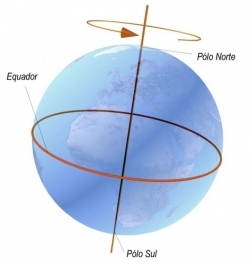epiphany means apparition or manifestation of something, usually related to the spiritual and divine context.
From a philosophical point of view, the epiphany means a deep sense of accomplishment, in the sense of understanding the essence of things. That is, the feeling of considering something as resolved, clarified or complete.
Epiphany can also be considered as an "enlightened thought", seen as a divine inspiration that arises in moments of impasse and complexity, solving frustrations and doubts about a certain anguish.
The English often use this term a lot saying: “i just had an epiphany”, in the sense of “indescribable and unique thought”.
Many religious, philosophers, mystics, writers and scientists confirm through historical accounts that they have gone through some epiphanic experiences.
In the religious sense, according to the liturgical calendar of the Catholic Church, the epiphany is directly related to a divine manifestation.
An example narrated in the bible shows the episode in which Jesus Christ was presented to the world, through the arrival of the Three Kings, bringing their gifts.
Etymologically, this term originated from the Greek epiphaneia, which can be literally translated as “manifestation” or “apparition”.
Epiphany in Literature
In literature, epiphany is a way of showing a concept.
For the author it is to produce a text that conveys a complete understanding of his ideas to the reader.
In short, it consists in making readable to other people what only the writer understands.
Epiphany of the Lord
Epiphany of the Lord is a religious feast of Catholicism, which is celebrated two Sundays after Christmas.
The Catholic Church considers three events to be epiphanies: the Epiphany of the Eastern Magi, which is celebrated on January 6th; the Epiphany to John the Baptist at the Jordan River and the Epiphany when he became known for the miracle of Cana.
See also: the meaning of insight.

